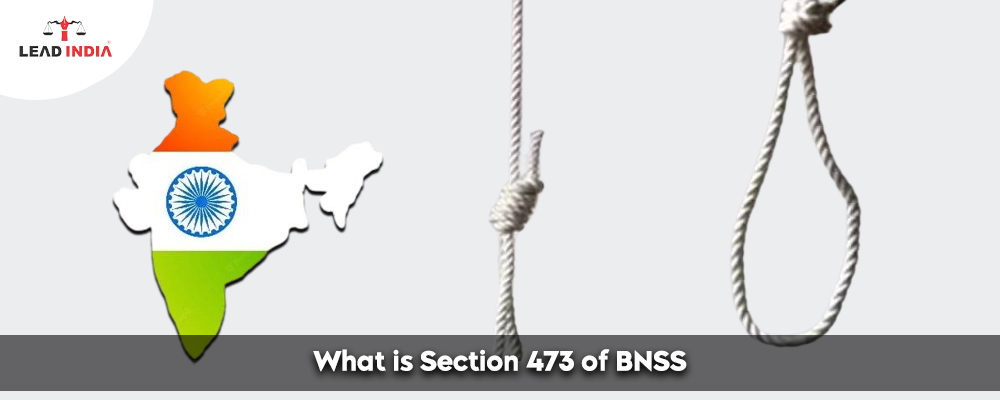In a mercy petition, the convict seeks mercy from the president or the governor. Articles 72 and 161 of the Indian Constitution grant the president and the governor the power to pardon or commute sentences. The president has the power to pardon even the death sentence.
Need A Legal Advice
The internet is not a lawyer and neither are you. Talk to a real lawyer about your legal issue

Legal Provisions
- Section 473(1) states that if the person is sentenced to some punishment then the appropriate government can suspend the execution of his sentence or remit the whole of his sentence or any part of his sentence. While suspending or remitting, the appropriate government can impose certain conditions upon the accused person.
- Section 473(2) states that the application can also be made for suspension or remission of sentence. In such a case, the appropriate government can take the opinion of the presiding judge who passed the sentence or confirmed the sentence. The judge will provide his opinion on whether to remit or suspend the sentence. The judge needs to give the reasons for his opinion. He even will send the certified copy of the record of trials to the appropriate government.
- Section 473 (3) states that if the condition of remission or suspension has been breached, then the appropriate government can cancel the suspension or the remission of the sentence. The person accused of an offense can be arrested without a warrant and have to undergo the unexpired portion of punishment.
- Section 473(4) states that the conditions for remission and suspension should be the one to be fulfilled by the person in whose favor it is made or one independent of his will
- Section 473(5) states that the appropriate government can also give directions by any general rules or any special orders regarding the suspension. It can even give directions regarding the conditions on which petitions can be presented.
The provision has been added, which states that other than the cases of sentence of punishment, a person over 18 years of age should be in jail and if the petition is presented by the person accused of an offense then the petition should presented by the officer in charge of jail; or if the petition has been made by any other person then it should contain a declaration that the person sentenced is in jail. After fulfilling these conditions, the petition for suspension or remission can be filed.
Section 473(6) states that this section will apply to orders passed by the Criminal Court under this Act or under any other law. The order that restricts the liberty of any person or imposes liability upon him.
Section 473(7) states that appropriate government means the central government where the law relates to the extent to which the executive power of the union extends or the state government in which the order of sentence has been passed.
Impact
In the mercy petition, the accused can first file a petition in the High Court from any order passed by the session court. If the high court dismisses the petition, then the petitioner can approach the Supreme Court through the SLP. He can even file a review or a curative petition before the High Court. Section 473 limits the time frame of a mercy petition. It even limits the options of remedies available in cases of mercy petitions.
After the dismissal of the SLP by the Supreme Court, the petitioner has to file a mercy petition within 30 days. Even after the dismissal of the SLP, the petitioner can file a curative petition before the Supreme Court within 30 days. In such circumstances, the petitioner can choose one of the remedies, as the time limit for both the remedies are the same.
Lead India offers free legal assistance, digital information, and other legal assistance. We offer a forum where you may talk with a lawyer and ask legal questions. Lead India’s lawyers are here to assist you with any legal issues. Lead India’s attorneys are available to help you with any legal matters. Lead India not only offers online legal support, but it also enables users to ask free specialized questions.





 Talk to a Lawyer
Talk to a Lawyer